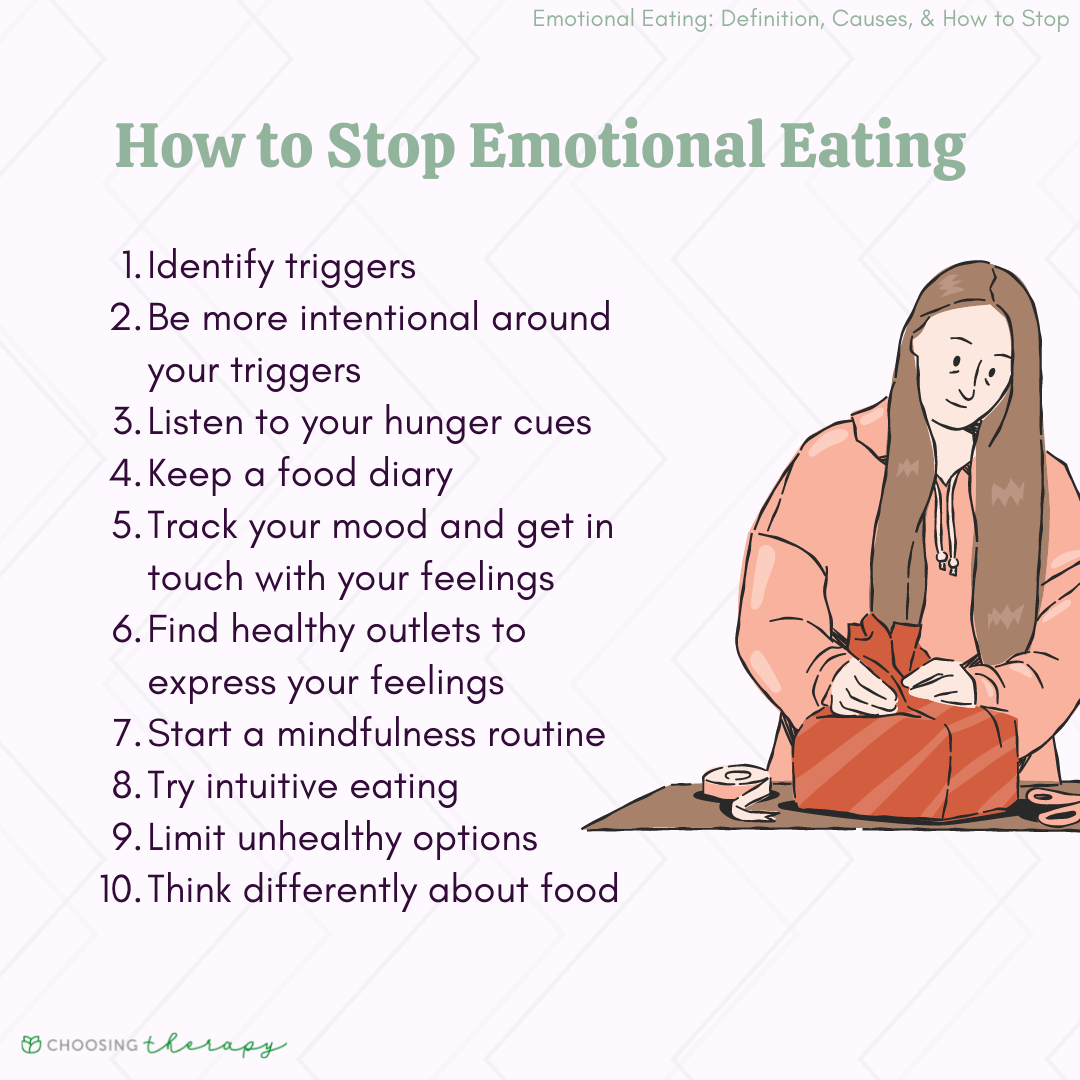Let’s be real. Even A-listers—yes, the red-carpet-strolling, magazine-cover-gracing kind—struggle with emotional eating. They may have personal chefs and glam squads, but when stress hits, a pint of ice cream doesn’t care how famous you are.
So how do celebrities overcome the lure of that late-night cookie binge? Turns out, some of Hollywood’s biggest names have had to get honest with themselves, build healthier habits, and learn that the road from “comfort food” to actual comfort doesn’t come from a drive-thru.
Let’s dive into a few famous faces who got real about their emotional eating—and how they turned it around.

Oprah Winfrey: “I used to think food was love.”
You knew Oprah had to be on this list, right?
“I ate when I was sad. I ate when I was happy. I even ate when I was bored,” Oprah admitted in a 2021 interview. After decades of yo-yo dieting, she said the hardest part wasn’t choosing salad over fries—it was identifying why she was eating in the first place.
Her turning point? Learning to pause.
“I stopped asking, ‘What do I want to eat?’ and started asking, ‘What am I feeling?’”
She credits journaling, therapy, and yes—sometimes just sitting with discomfort—as major tools in breaking that emotional connection to food.
And today? She’s down over 40 pounds and says the weight loss came only after she did the emotional heavy lifting first.
Chrissy Metz: “I had to break up with food as my therapist.”
The This Is Us star didn’t sugarcoat it (pun intended): food was her comfort, her coping mechanism, her security blanket.
“When things felt out of control, food was the one thing I could control,” Chrissy shared during a panel. But that illusion of control only made things worse.
What helped?
-
Mindfulness eating practices
-
Replacing food rewards with non-food celebrations
-
And most importantly, talking to someone.
“I stopped eating my feelings and started feeling them.”
Demi Lovato: “Emotional eating was my way of checking out.”
Pop superstar Demi Lovato has been open about her struggles—not just with food, but with mental health as a whole. She’s talked about how emotional eating became a coping tool after tough days, anxiety attacks, or even pressure to stay thin.
Her recovery tip? Getting back in touch with intuitive eating, a method that encourages listening to your body—not your emotions.
“When I realized I was punishing myself with food, I started to heal.”
Mindy Kaling: “It wasn’t hunger—it was loneliness.”
The queen of comedy told Shape magazine that during her early career in Hollywood, she often felt like an outsider. Food was her comfort friend.
“I’d finish a show taping, go home, and suddenly, a giant plate of spaghetti felt like company.”
Her solution?
-
Making time for actual friendships (yes, real people!)
-
Planning meals instead of “wandering” into the kitchen
-
Finding joy in movement, not punishment (Mindy’s into dance cardio now!)
What Emotional Eating Really Looks Like
Let’s pause on the famous names for a second.
Emotional eating doesn’t always mean diving into a pizza after a breakup. It can be sneaky:
-
That “I deserve this” snack after a long day
-
Mindlessly eating chips while watching TV
-
Late-night fridge visits just because you’re “tired” (aka, emotionally depleted)
The truth? Emotional hunger shows up fast and intense. Physical hunger builds slowly. If your craving feels sudden and urgent, it might be your brain, not your belly, calling the shots.
So… What Helps?
Let’s break down a few celebrity-approved (and therapist-backed) ways to kick emotional eating to the curb:
1. Name the Feeling
Before reaching for snacks, ask: What am I feeling? Stress? Sadness? Boredom?
Mindy Kaling swears by this trick:
“If I say the emotion out loud, it loses power.”
2. Delay by 10 Minutes
Oprah’s strategy: set a 10-minute timer. “If I still want it after 10 minutes—and I know I’m actually hungry—I’ll eat. But usually, the urge passes.”
3. Swap Food with Feel-Good Habits
Chrissy Metz now reaches for music or a journal. Others take a walk, call a friend, or just breathe.
4. Meal Prep = Self-Care
Trisha Yearwood once said,
“Meal prepping gave me control back. And when I feel in control, I don’t need food to comfort me.”
Emotional Eating Doesn’t Make You Weak—It Makes You Human
That’s what makes these celebrity stories powerful. They remind us that struggles with food are not just about willpower or weight—they’re about being overwhelmed, overworked, or emotionally drained.
And while no one’s perfect (yes, even Oprah has off days), the goal is progress, not perfection.
If emotional eating is something you’re facing, remember this:
-
You are not alone
-
It’s not a character flaw
-
And yes, it can get better—with support, awareness, and kindness to yourself
FAQ: Celebrity Emotional Eating Edition
Q: Did Oprah Winfrey use any medication to manage emotional eating? A: While she’s spoken publicly about weight-loss medications, Oprah credits emotional healing—journaling, therapy, and mindfulness—as the biggest turning point.
Q: What diet helped Rachael Ray avoid emotional snacking? A: The Mediterranean diet helped her focus on whole foods, but she emphasizes portion control and balance, not restriction.
Q: How does Chrissy Metz handle food cravings now? A: Chrissy says she still has cravings but handles them with self-talk, hydration, and movement—and sometimes, she just has the cookie. Progress, not perfection.
Q: Can celebrities really relate to normal emotional eating struggles? A: Absolutely. Many have more pressure, public criticism, and less privacy. Their emotional challenges are real—just like ours.
Q: Is therapy really necessary to manage emotional eating? A: It helps a lot. Celebs like Demi Lovato and Mindy Kaling have been vocal about the power of talking it out—not bottling it up (or stuffing it down with snacks).